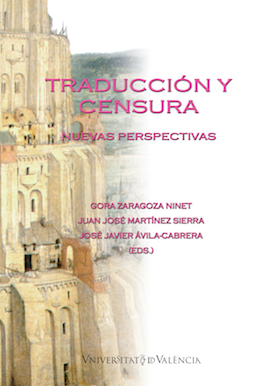Wyndham Lewis and its reception in Spain: editorial stages and translation
DOI:
https://doi.org/10.7203/qf-elit.v20i0.7536 Abstract
Abstract
Wyndham Lewis’s works remained untranslated into Spanish for almost a century, being one of the most peculiar cases in the Spanish literary world. The first complete translation was not published until 2005 (Dobles fondos, trans. M. Temprano). Even if many censored translations during Franco times were revised and published thanks to the flourishing period in the Spanish publishing sector in the first years of democracy, not a single work by Lewis was chosen. This article analyses his reception throughout different stages of the 20th century to analyse whether he was clearly censored in Spain or if, on the contrary, he was the victim of certain disconnected factors that made him fall into oblivion, despite his important contribution as an artist and a writer.
Keywords: Modernism; translation; censorship; Wyndham Lewis; fascism.
 Downloads
Downloads
Downloads
Published
How to Cite
-
Abstract659
-
PDF (Español)532
Issue
Section
License
 Este obra está bajo una licencia de Creative Commons Reconocimiento-NoComercial-SinObraDerivada 4.0 Internacional.
Este obra está bajo una licencia de Creative Commons Reconocimiento-NoComercial-SinObraDerivada 4.0 Internacional.
Authors who publish with this journal agree to the following terms:
- Authors retain copyright and grant the journal right of first publication with the work simultaneously licensed under a Creative Commons Attribution License that allows others to share the work with an acknowledgement of the work's authorship and initial publication in this journal.
- Authors are able to enter into separate, additional contractual arrangements for the non-exclusive distribution of the journal's published version of the work (e.g., post it to an institutional repository or publish it in a book), with an acknowledgement of its initial publication in this journal.
- Authors are permitted and encouraged to post their work online (e.g., in institutional repositories or on their website) prior to and during the submission process, as it can lead to productive exchanges, as well as earlier and greater citation of published work (See The Effect of Open Access).




